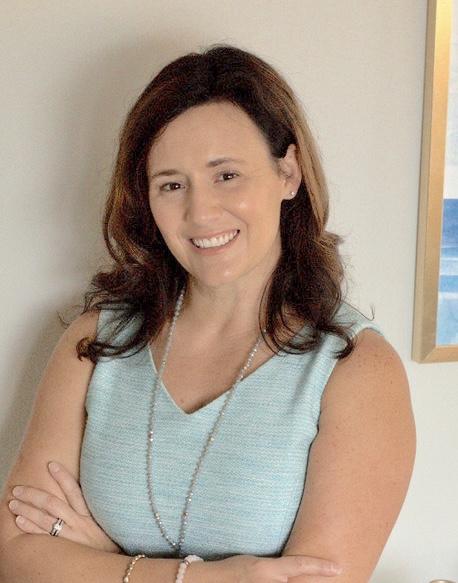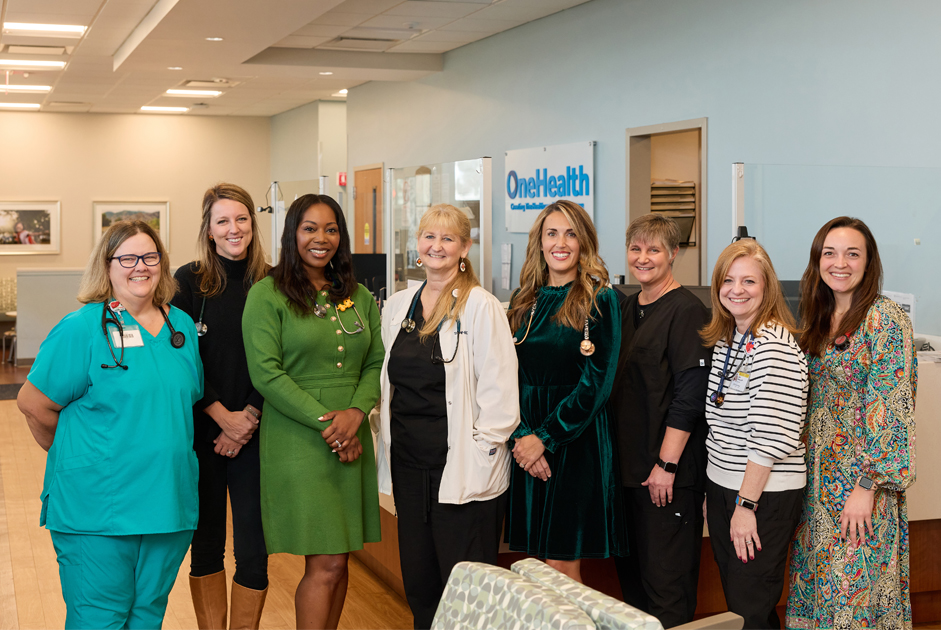“Am I a good mother?” This question lurks in many mothers’ minds at times throughout their motherhood journey. Thousands of decisions are made daily when caring for children. What will they eat? What activities do they need to be in? What information do they need to learn? How do we keep them safe? How do we help them build character? Are they doing okay socially? Are they healthy? Do they feel loved enough? The questions are endless; some decisions weigh heavier on us than others. In the background of these questions, we are often judging ourselves against standards, expectations and comparisons to the version of the “perfect” mother we have crafted.
Exploring Our Own Experiences with Mothers
Our relationship with a parent or caregiver is the first relationship we will have when we are born. Our early experiences and examples of a parent will likely play into our feelings about how a mother “should” be throughout our lives. As a therapist who works with women during their motherhood journey, this is a task that is regularly brought up in sessions. As we enter a new role in our lives, we are likely to look to others who have held this position, and we will either decide we want to adopt those characteristics or do things very differently.
Comparisons and Assumptions
As we grow into our role in motherhood, it is natural and common to look to others for reassurance that we are doing things “right.” It’s comforting when others are like us in their thoughts and actions; we feel a sense of acceptance and correctness. The difficulty of this in the modern age we live in is that we are exposed to endless examples of motherhood constantly through all forms of media. This never-ending stream of opinions and beliefs on what makes a mother “good” often eats away at our self-esteem and our belief in ourselves, with how we are doing in this role. Another regular point in therapy sessions with mothers is the thought “Other mothers can do this so much easier, why can’t I? If I was a “good” mother, I would be different.” It is so easy to make assumptions about others when only glimmers of their motherhood experience are visible to us, a drop in the bucket of the many years, days, hours and minutes that this role covers. If we were able to see the difficult moments and the struggles, our comparisons would likely be less harmful to our confidence.
A Subjective Idea for a Lifelong Role
The question itself, “Am I a good mother?” is completely subjective, and yet we think of this concept as definitive. There is no official definition of a “good” mother. The absolute(s) of the word “good” is a very oversimplified descriptor for a role that cannot be put into one definitive category alone and is suggestive that the alternative is “bad.” This terminology lends itself to labeling women as who they are, rather than looking at their actions or decisions. Who we are the moment we become a parent is not definite. We will grow and evolve for the rest of our lives in this role, and we will also make mistakes as we develop our parenting skills. Our confidence in our role as mothers will become stronger when we identify what the best version of a mother is and align ourselves to that, drowning out the noise of the world and its many different opinions.
Our abilities as mothers are refined through experience, practice, and trial and error. When a child first learns to ride a bike, do we expect the child to ride immediately without a fall or struggle? Of course not. We know they will have to practice and develop this skill while wearing a helmet for protection because we know there is a high chance they will fall at some point. Growing up in our role as mothers is no different. This Mother’s Day, give yourself grace as you continue to show up for this lifelong role.



















